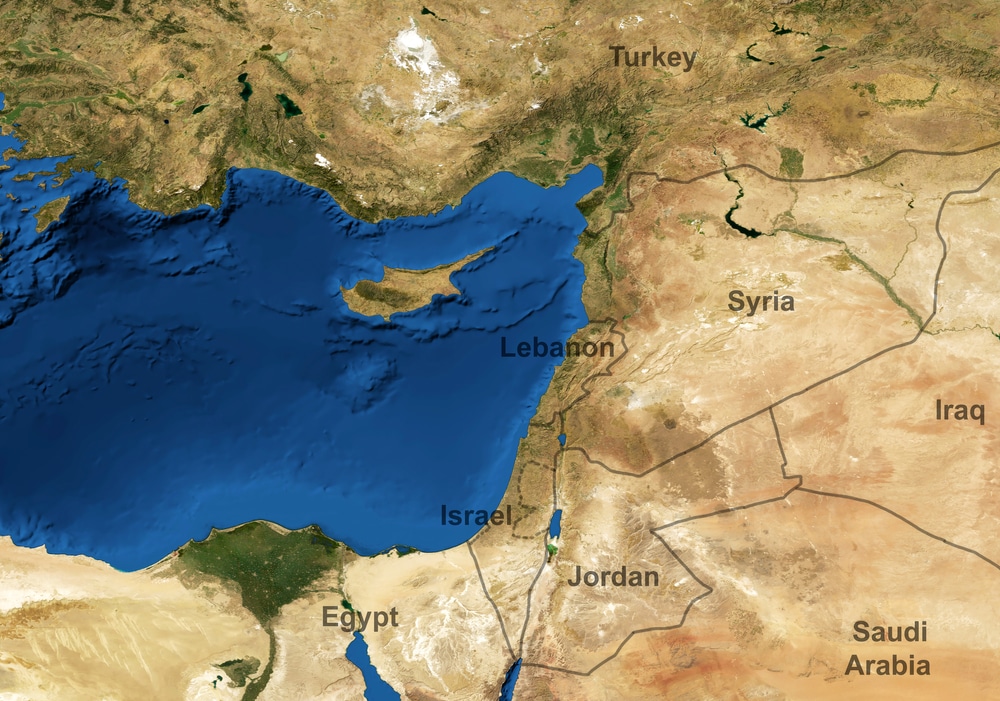Earlier this month, Kamleh Al-Yaseeni was supposed to accompany a friend to a hospice for the elderly in Damascus, where they both volunteered, but she changed her mind to stay home with her disabled son, friends and neighbors said. It was a decision that would cost both their lives.
The Syrian family died in an airstrike on the three-story building they lived in that also took out high-ranking Iranian military leaders responsible for conducting proxy operations in Syria and Lebanon.
Israel neither confirmed nor denied the strike, but Tehran cited the attack as the reason for last weekend’s missile-and-drone barrage, Iran’s first direct assault on the Jewish state.
With US officials saying that Israel carried out retaliatory strikes on Iran early Friday, the world is waiting to see whether more is to come or if the spiral of direct reciprocal actions stops here.
What is clear is that a central component of Tehran’s arsenal yet to be fully deployed is its proxy forces in Syria, Lebanon, Iraq, and Yemen, ready to take on a more prominent role if called upon.
What Tehran calls its “axis of resistance” has been a central focus of Israel’s military, which has made great efforts to hunt them down — as seen in Damascus and elsewhere.
Yet analysts agree their capabilities persist, and Iran’s proxy forces could still extract a high cost, ratcheting up the conflict at an increasingly parlous time for the broader Middle East.
“The greater the threat the more the axis is likely to respond forcefully and aggressively and in a coordinated manner,” said Dina Esfandiary, senior adviser on Middle East and North Africa at the International Crisis Group in London.
After Friday’s strike, “Tehran will have to rely on its proxies as much as possible” in order to keep the situation “manageable,” she said. “But miscalculation is possible and unpredictable in that scenario.”
Regardless of how any further direct confrontation between Iran and Israel plays out, Tehran is likely to lean more on its proxies to try to keep the conflict away from its territory, while Israel will surely continue to go after the threats at its borders. Above all that means Hezbollah, the Lebanese militia and political movement that is Tehran’s most important regional proxy force.
Early on Friday, Syria’s Defense Ministry said that Israeli missiles struck its aerial defenses in the south, causing only material damage. There was no comment from Israel, but it is no secret that operatives from Iran and Hezbollah are embedded in Syrian army units there, making them frequent targets for Israel.
The April 1 strike on the Damascus building was certainly a blow to both Iran and Hezbollah and a trigger for what many still fear: all-out war between Iran and Israel.
Al-Yaseeni, the widow of a former Syrian diplomat in her 70s, was with her son Naji on the first floor of the building just off Mazzeh Highway, one of the Syrian capital’s main thoroughfares.
In the apartment directly above, Iranian military leaders responsible for the Islamic Revolutionary Guard Corps’ elite Quds Force in Syria and neighboring Lebanon were holding an urgent meeting, according to people briefed about events on the ground.








